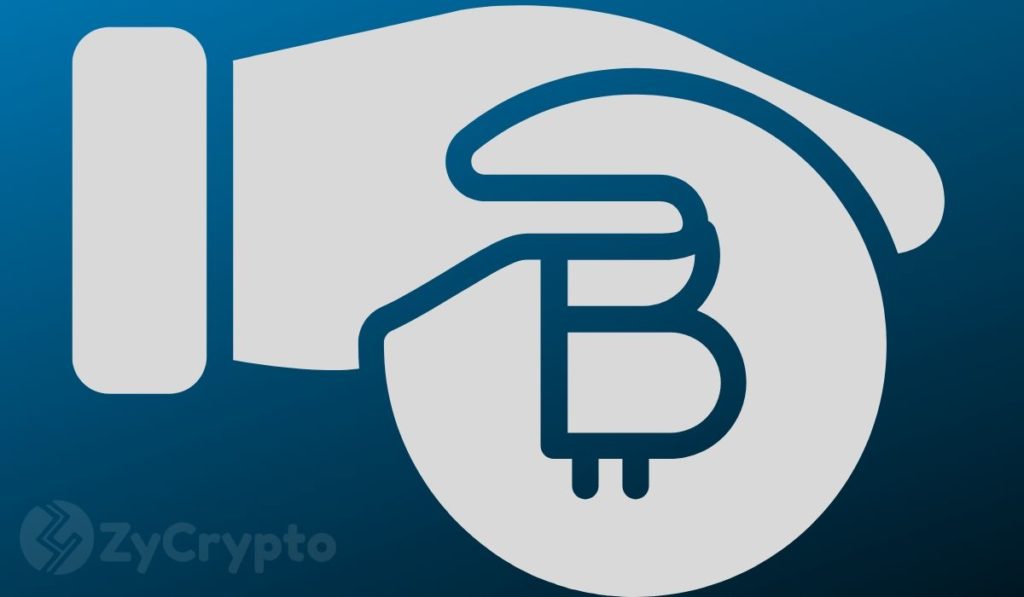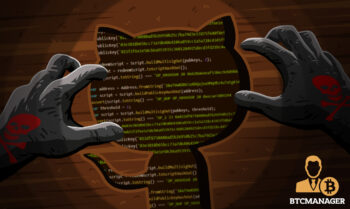
2019-2-13 20:11 |
The Bitcoin network is a behemoth, and much of its strength is defined by the number of machines validating transactions on the network. Its code is also highly calibrated. Very specific variables were set throughout its development, and dogmatic allegiance to certain settings has defined much of what Bitcoin‘s blockchain is today.
This means altering Bitcoin code has implications. Proposals for changes have caused mayhem for the wider cryptocurrency ecosystem in the past, and seemingly will forever. But Bitcoin Core developer Luke Dashjr has a suggestion: decrease the size limit of Bitcoin‘s blocks, from Satoshi Nakamoto’s 1MB to just 300KB. This will make…
This story continues at The Next Web
Or just read more coverage about: Bitcoin
. origin »
Bitcoin price in Telegram @btc_price_every_hour
Bitcoin (BTC) íà Currencies.ru
|
|
























